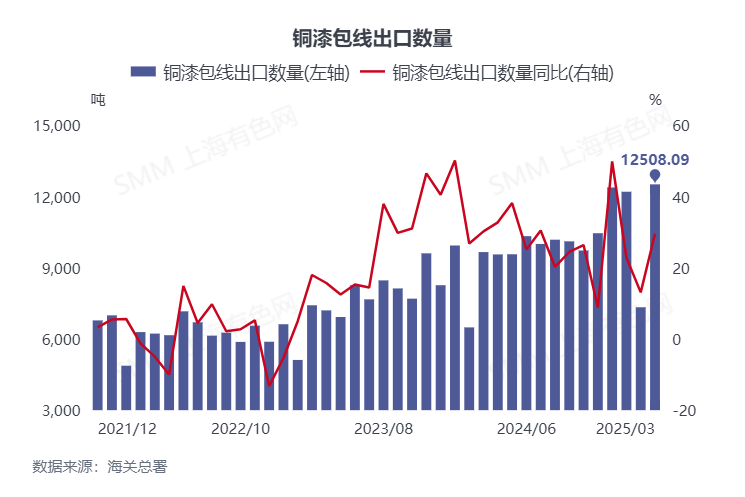By Jones GadamaThe Malawi University of Science and Technology (MUST) has made a groundbreaking development in the field of agriculture with the introduction of an innovative organic fertilizer made from urine and special rocks.The move is aimed at enhancing soil fertility and crop yields, providing a potential solution to the challenges faced by smallholder farmers in Malawi.According to Dr.
Jabulani Nyengere, a lecturer at MUST and the developer of the fertilizer, the granulated urine fertilizer shows promising results in trials currently underway at Bvumbwe Research Station. Dr. Nyengere believes that the product has the potential to offer smallholder farmers a cheaper and eco-friendly alternative to conventional fertilizers.

The development of this innovative fertilizer is a significant breakthrough for Malawi’s agricultural sector, which is heavily reliant on smallholder farmers.The use of organic fertilizers can help improve soil health, increase crop yields, and reduce the environmental impact of farming practices.The fact that the fertilizer is made from urine and special rocks makes it a unique and potentially game-changing product.
Dr. Nyengere’s enthusiasm for the project is evident in his comments, highlighting the potential for the fertilizer to make a positive impact on the lives of smallholder farmers.He noted that the product could provide a more affordable and sustainable solution for farmers, enabling them to improve their crop yields and increase their income.
The MUST team has secured a FAR-LEAF II fellowship grant to scale up production of the fertilizer, which will enable them to further develop and refine the product.This grant is a testament to the potential of the fertilizer and the innovative approach taken by the MUST team.According to Dr.
Nyengere, Malawi has the potential to produce high-quality fertilizer for all farmers across the country. This is a bold claim, but one that is supported by the promising results from the trials.If successful, the widespread adoption of this fertilizer could have a significant impact on the country’s agricultural sector, enabling farmers to increase their productivity and improve their livelihoods.
The development of this innovative fertilizer is also a reflection of the growing recognition of the importance of sustainable agriculture practices in Malawi.As the country seeks to improve food security and reduce poverty, the use of organic fertilizers and other sustainable practices can play a critical role in achieving these goals.The introduction of this fertilizer also highlights the important role that universities can play in driving innovation and development in Malawi.
MUST’s commitment to developing practical solutions to the country’s challenges is evident in this project, and the university’s researchers are to be commended for their efforts.As the trials continue and the production of the fertilizer is scaled up, it will be interesting to see how this innovative product is received by smallholder farmers and the wider agricultural community.If successful, it could provide a valuable tool for farmers, enabling them to improve their crop yields and increase their income.
The development of this innovative organic fertilizer by MUST is a significant breakthrough for Malawi’s agricultural sector.The potential for the product to provide a cheaper and eco-friendly alternative to conventional fertilizers is exciting, and the securing of the FAR-LEAF II fellowship grant is a testament to the potential of the project.As the project moves forward, it will be interesting to see how it contributes to the development of sustainable agriculture practices in Malawi and improves the livelihoods of smallholder farmers.
The innovative approach taken by the MUST team is a reflection of the university’s commitment to developing practical solutions to the country’s challenges.As Malawi seeks to improve food security and reduce poverty, innovations like this fertilizer can play a critical role in achieving these goals.With the potential to improve crop yields and increase farmer incomes, this fertilizer could make a significant contribution to the country’s agricultural sector.
The impact of this project could be far-reaching, and it will be interesting to see how it is received by the wider agricultural community.The use of organic fertilizers and other sustainable practices is becoming increasingly important, and innovations like this can help drive the adoption of these practices.As the project continues to develop, it is likely that we will see significant benefits for smallholder farmers and the wider agricultural sector in Malawi.
Overall, the development of this innovative organic fertilizer is an exciting development for Malawi’s agricultural sector.The potential for the product to improve crop yields and increase farmer incomes is significant, and the commitment of the MUST team to developing practical solutions to the country’s challenges is commendable.As the project moves forward, it is likely that we will see significant benefits for smallholder farmers and the wider agricultural community.
The post Malawi University of Science and Technology develops innovative organic fertilizer appeared first on The Maravi Post..
Business

Malawi University of Science and Technology develops innovative organic fertilizer

By Jones Gadama The Malawi University of Science and Technology (MUST) has made a groundbreaking development in the field of agriculture with the introduction of an innovative organic fertilizer made from urine and special rocks. The move is aimed at enhancing soil fertility and crop yields, providing a potential solution to the challenges faced by [...]The post Malawi University of Science and Technology develops innovative organic fertilizer appeared first on The Maravi Post.















